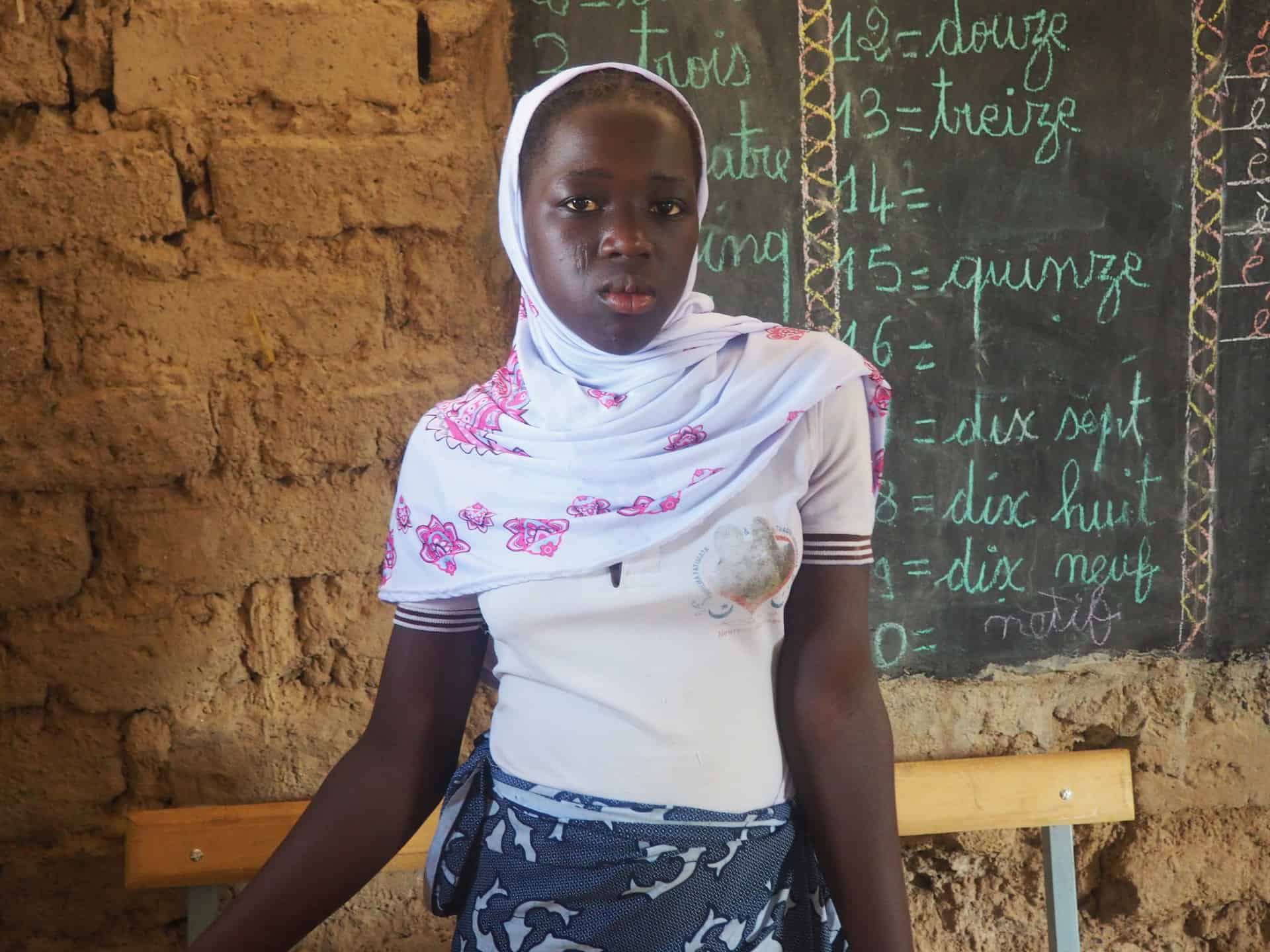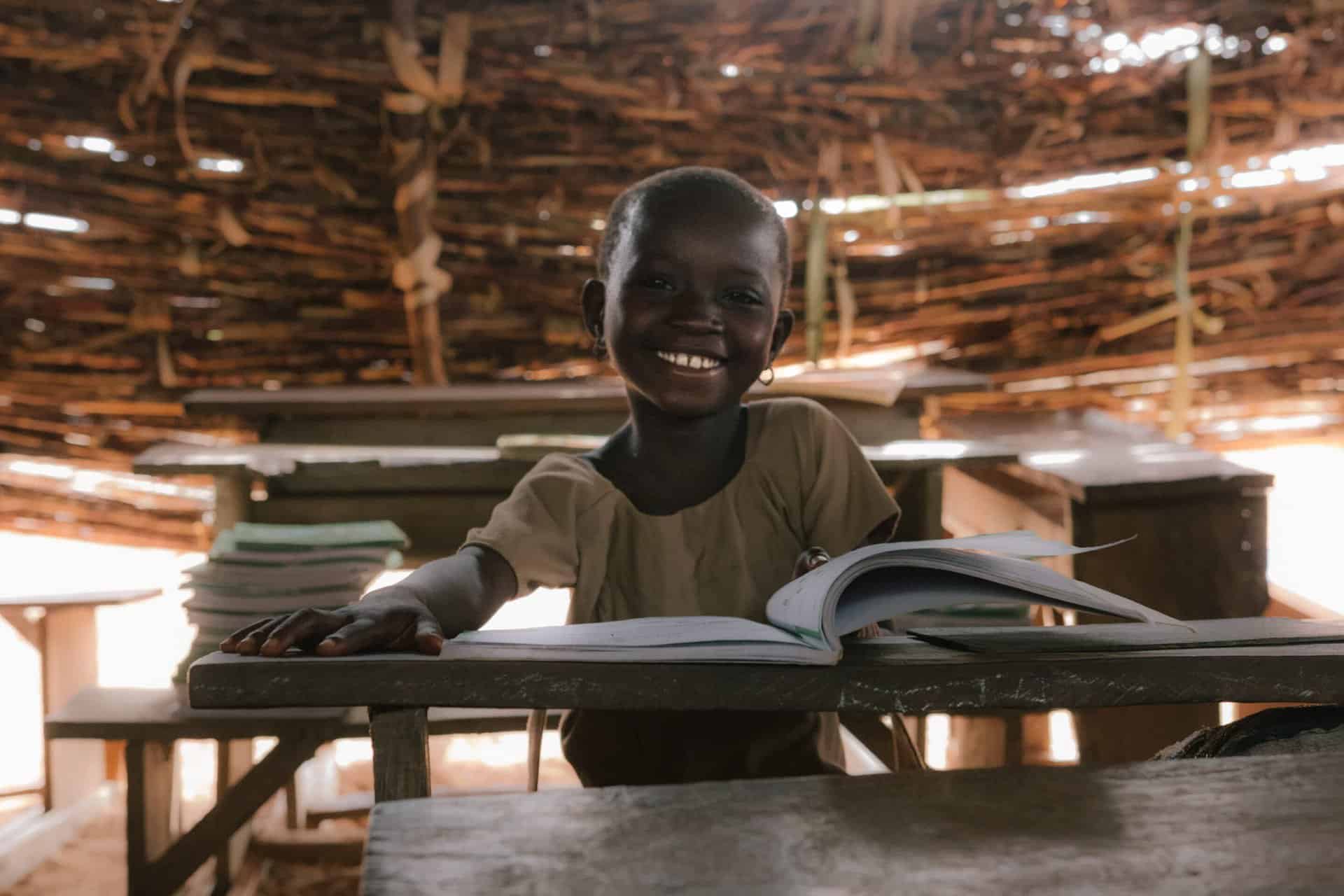The world has been celebrating World Environment Day on 5 June every year for 50 years. But for what results? According to the latest IPCC report, the planet is seriously ill and there are only 3 years left to avoid the worst. In the face of these dangers, Aide et Action advocates that education, which is the only tool today that can enable people to prevent climate risks and adapt to existing changes, should be integrated into climate-related funding, policies and agreements.
With his report "Hot on Education", Aide et Action already warned in 2012 about the impact of climate change on education. Ten years later, the situation has become catastrophic. According to the latest IPCC reportThe planet is seriously ill and there are only three years left to avoid the worst. Under the current conditions, the world is heading for a warming of +3.2°C by the end of the century. And the effects of this change are already being felt: reduced availability of water and food, impact on health, disappearance of fauna and flora, not to mention the numerous climate disasters (drought, floods, cyclones, etc.) which are increasing in frequency and intensity. Already today, on average one climate disaster per day on average, resulting in 115 deaths and $202 million in damage, is occurring. In the face of the unprecedented upheaval ahead, children are on the front line. Their education is suffering. And their future is at risk. Yet education is now the only key to preparing them for the climate crises that are sure to come, to adapting to the changes that will be imposed and to building a truly sustainable world.
Education as a source of resilience
Faced with climatic disasters that affect the most vulnerable and deprive them of quality education (drought, floods, earthquakes...), Aide et Action is developing programs to provide assistance and accelerate the return to school. Because beyond enabling basic learning such as reading and writing, education also provides a framework that allows the most traumatized populations to rebuild and bounce back from the crisis. In 2022, we intervened in Madagascar where several cyclones and storms (Ana from 22 to 25 January, Batsirai from 5 to 7 February, Dumalo 15 February and Emnati of 22-23 February) have left hundreds of people dead and hundreds of thousands affected. Our association is also advocating at the highest national and international levels for education to be integrated into climate funding, policies and agreements to ensure strong, climate-resilient education systems that will allow children affected by disasters to continue learning.
A royal road to sustainable development
The climate emergency requires a change in mentality from now on. However, these changes cannot be made without quality education that teaches good habits from the earliest age and disseminates them in the society. This is why Aide et Action promotes the development of schools/resource centres in favor of the environment in the framework of its projects. These schools are built in areas that are not subject to flooding, are earthquake resistant, and are designed to meet the needs of children and protect them from climate change: access to drinking water, sanitation system, separate latrines for girls and boys, waste sorting and collection system, vegetable gardens that allow for school meals made from local food and access to clean energy. The teaching methods used in these schools encourage learning to be more environmentally friendly. The transmission of indigenous knowledge - on a variety of subjects such as agroforestry or medicinal plants - is promoted. School governments, implemented by Aide et Action in several West African countries, are a good example of actions directly carried out by children and bringing good results in terms of environmental protection awareness. Gathered within ministries, children "elected" by their peers are responsible for collecting, from their peers, the problems that they encounter (environment, agriculture, health, food, etc.), and for identifying the means to respond to them collectively. Thus mobilised, children become formidable agents of change, capable of influencing the daily practices of their families and, more broadly, of their communities. Only this education, which must be accessible to all throughout life, can ultimately allow the emergence of a new form of citizenship and entrepreneurship guided by the present and future well-being of humanity and the planet.






